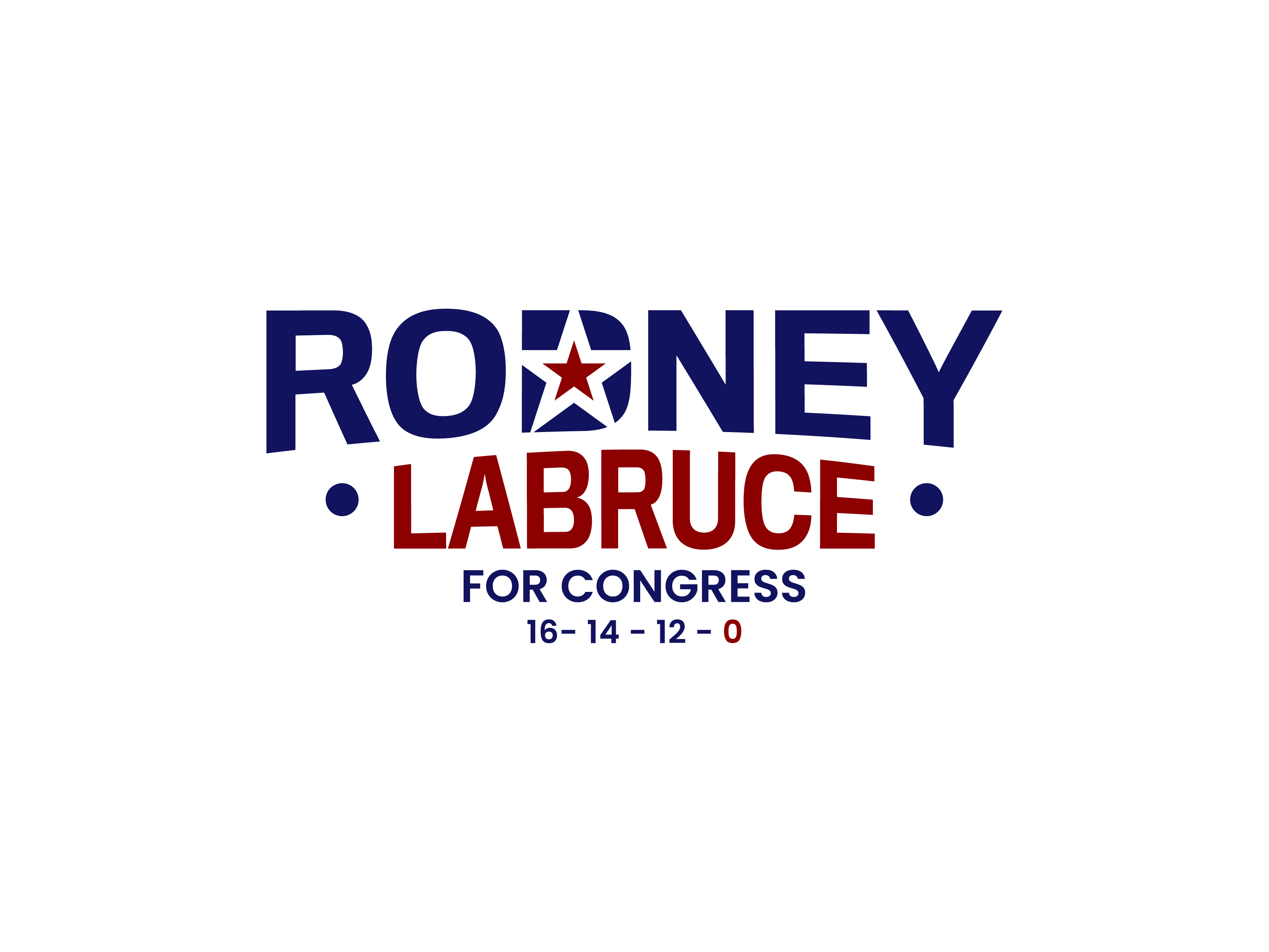Work Without Chains: A Strategic Plan to End Labor Exploitation

By Rodney LaBruce & the Unified Advocacy and Leadership Coalition (UALC)
"Poverty anywhere is a threat to prosperity everywhere." — Rodney LaBruce (Adapted from Dr. Martin Luther King Jr.)
The Moral Imperative
Ending labor exploitation is not an act of charity—it is a demand for basic dignity, fairness, and justice. From the brutal history of chattel slavery to the modern-day exploitation in meatpacking plants and fast-food kitchens, Black and Brown workers have long been the foundation of American prosperity while being denied its fruits.
Today, many ask: "Is labor exploitation still a problem?" The answer is written in the paychecks of millions. Despite the laws on the books, low-wage workers—particularly in Black and Latino communities—face a gauntlet of wage theft, hazardous conditions, and systemic retaliation.
The Limits of Education
A common refrain in political discourse is that education is the ultimate "equalizer." While education is vital, research reveals a sobering reality: education alone cannot outrun systemic bias.
Statistically, Black Americans with degrees from elite universities are less likely to secure high-paying roles than white Americans with only a high school diploma. Education does not erase the predatory loopholes that thrive in low-wage industries. Latino immigrants and African Americans remain the most exploited groups in the workforce, facing higher rates of workplace injury and death regardless of their schooling. To fix the outcome, we must fix the system.
A Three-Pronged Strategy for Transformation
Through the Rodney LaBruce for Congress campaign and the Unified Advocacy and Leadership Coalition (UALC), we are moving beyond symbolism. We propose a strategic strike against exploitation through three primary channels:
1. Legislative Action: The Worker Protection and Restitution Act
We cannot rely on the goodwill of corporations; we must legislate accountability. Our proposed bill will:
- Establish a Worker Restitution Fund: A federal fund to compensate victims of wage theft and retaliatory firing, financed by penalties on the violators themselves.
- Criminalize Wage Theft: Elevating wage theft from a civil fine to a federal criminal offense. If you steal a loaf of bread, you face jail; if a CEO steals millions in overtime pay, the consequences should be just as severe.
- Close the "Independent Contractor" Loopholes: Ending the misclassification of workers that allows companies to dodge benefits and safety responsibilities.
- Mandate Climate Safety: Implementing OSHA-enforced heat protection standards for our outdoor and agricultural workforce.
2. Legal Strategy: The Courtroom as a Battlefield
The law is only as strong as its enforcement. We are prepared to utilize the judicial system to force change:
- Class Action Litigation: Targeting industries with rampant abuse, such as construction and agriculture.
- Constitutional Challenges: We will challenge exclusionary labor laws—like those that exempt domestic and farm workers—as direct violations of the Equal Protection Clause of the Constitution.
- Corporate Liability: Ensuring that major corporations cannot hide behind "subcontractors" to insulate themselves from the abuse happening in their own supply chains.
3. Public Advocacy: Shifting the Narrative
Changing the law requires changing hearts and minds. We will launch a national storytelling campaign through podcasts and social media to humanize the struggle of workers in TX-30 and beyond. By building a coalition of unions, faith leaders, and immigrant rights groups, we will turn "worker justice" from a niche issue into a national priority.
The Path Forward
Ending labor exploitation is both a moral necessity and an economic imperative.
- When we protect workers, we grow communities.
- When we stop wage theft, we build generational wealth.
- When we ensure safe workplaces, we uphold human dignity.
This is not a "get-fixed-quick" scheme. It is a calculated, determined movement to finally fulfill America’s broken promise of opportunity for all. The structures of inequality were built by design—and they will be dismantled by design.
The fight for labor justice starts now.
